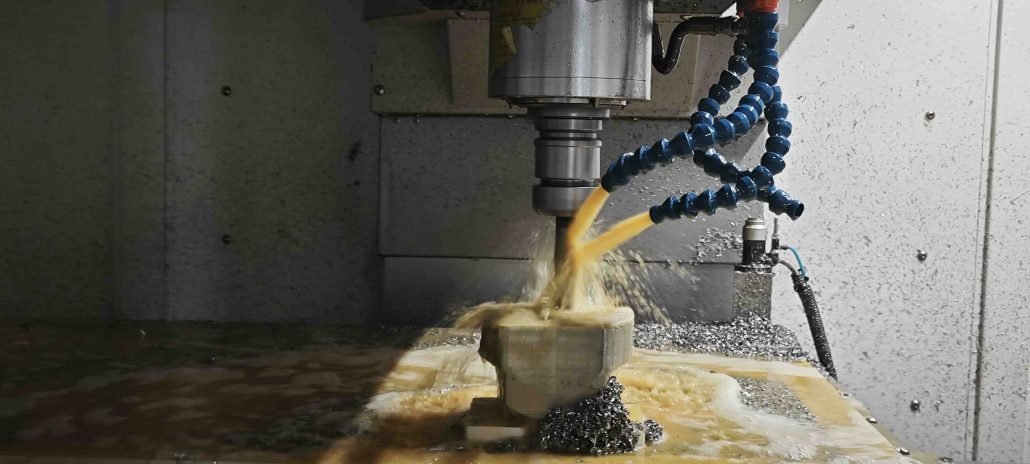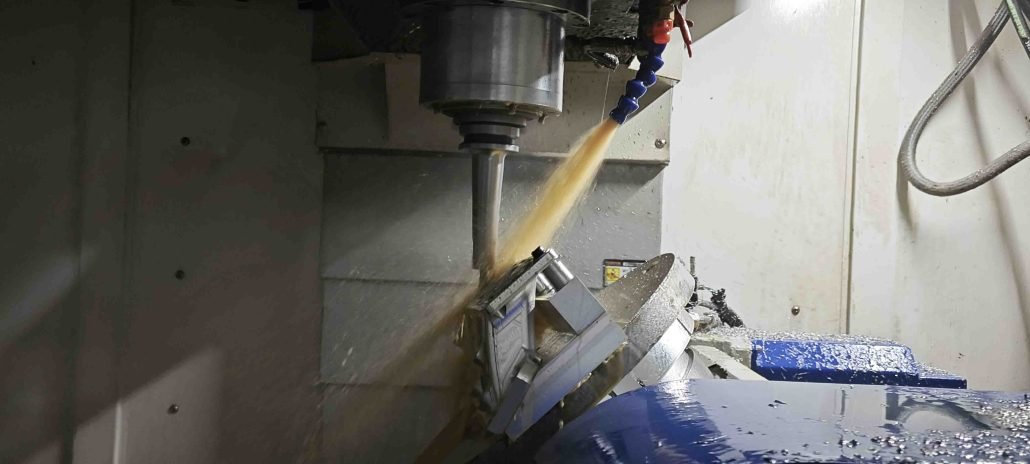The medical industry has seen significant advancements in recent years, thanks to the use of Computer Numerical Control (CNC) machining. CNC machining has revolutionized the way medical components are manufactured, making it possible to produce complex parts with high precision and accuracy. In this article, we will explore the growing importance of CNC machining in the medical industry.
Precision and Accuracy
CNC machining is known for its precision and accuracy, making it an ideal method for manufacturing medical components. Medical devices, such as pacemakers, require extremely precise components, and any defects or inaccuracies can have serious consequences. With CNC machining, manufacturers can produce parts with tolerances as low as 0.0001 inches, ensuring that each component is built to exact specifications. Precision CNC machining offers a level of precision that is unparalleled by traditional manufacturing methods, making it an indispensable technology for the medical industry.

Faster Production Times
CNC machining has enabled medical manufacturers to produce parts at a faster rate than traditional manufacturing methods. With the ability to automate the manufacturing process, CNC machines can produce parts 24/7, reducing lead times and increasing production efficiency. This is particularly important in the medical industry, where time is of the essence and delays can have severe consequences. CNC machining offers a way to manufacture medical components quickly and efficiently, without sacrificing precision or accuracy.
Customization
One of the greatest advantages of CNC machining in the medical industry is the ability to customize components to meet specific patient needs. Medical devices are often designed for a particular patient or a specific medical condition, and CNC machining makes it possible to create unique components quickly and accurately. This level of customization can improve patient outcomes and lead to better medical care overall. CNC machining allows medical manufacturers to create components that are tailored to individual patients, ensuring that each patient receives the best possible care.
Cost-Effective
Despite its precision and accuracy, CNC machining is also cost-effective in the long run. While the initial investment in CNC machines may be higher than traditional manufacturing methods, the ability to produce parts quickly and accurately can ultimately save manufacturers time and money. Additionally, the customization capabilities of CNC machining can lead to better patient outcomes and reduced medical costs in the long run. By using CNC machining to manufacture medical components, medical manufacturers can improve patient outcomes while reducing costs.

In conclusion, CNC machining has revolutionized the medical industry, making it possible to produce complex medical components with precision, speed, and customization. With the growing demand for innovative medical devices, the importance of CNC machining in the medical industry is only going to increase in the coming years. CNC machining offers a way to manufacture medical components that are precise, efficient, and cost-effective, making it an indispensable technology for the medical industry.

